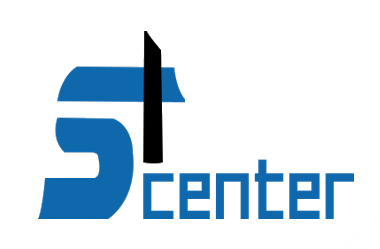This follows the successful launch of Dell APEX Block Storage for AWS at Dell Technologies World earlier this year.
APEX is Dell’s cloud-native storage platform, providing enterprises with scalable and secure cloud block storage services. It provides flexibility, agility, and reliability to help organizations meet their data storage needs without the burden of managing and maintaining on-premises infrastructure.
By extending APEX to Microsoft Azure, Dell enables its customers to benefit from a multi-cloud storage strategy. This allows enterprises to leverage the benefits and capabilities of AWS and Azure based on their specific requirements. With APEX, customers can easily migrate and manage data across multiple cloud environments, providing more choice and flexibility.
The cloud storage market has experienced significant growth in recent years as enterprises realize the benefits of storing data in the cloud. According to a report by MarketsandMarkets, the global cloud storage market is expected to reach US$137.3 billion by 2025, with a compound annual growth rate (CAGR) of 22.3% during the forecast period.
Dell’s decision to expand its APEX offerings to Microsoft Azure is a strategic move to tap into this growing market. Azure is one of the world’s leading cloud platforms, known for its robust infrastructure and wide range of services. By integrating with Azure, Dell aims to provide its customers with a seamless and efficient storage experience.
APEX Block Storage for Microsoft Azure provides several key features and benefits. It provides low-latency, high-performance storage, ensuring fast access to data and applications. The solution is also highly scalable, allowing businesses to easily increase or decrease storage capacity as needed. Additionally, APEX is built with enterprise-grade security measures to ensure the protection and confidentiality of sensitive data.
The integration between Dell APEX and Microsoft Azure is expected to benefit Dell and Microsoft customers. Enterprises using Dell APEX block storage for AWS can now extend their storage capabilities to Azure without additional investments in hardware or infrastructure. This flexibility enables organizations to optimize their storage costs and resources, resulting in greater operational efficiency.
Additionally, the collaboration between Dell and Microsoft strengthens their partnership and enhances their joint offerings. Customers who rely on both Dell and Microsoft technologies can benefit from seamless integration between their respective solutions, creating a unified, integrated cloud ecosystem.
Dell’s expansion into Microsoft Azure reflects growing demand for multi-cloud storage solutions. Enterprises increasingly want to combine the advantages of different cloud platforms to optimize their IT infrastructure and maximize their storage capabilities. With APEX block storage for AWS and Azure, Dell is well-positioned to cater to this growing market and provide customers with comprehensive storage solutions that meet their diverse needs.
Dell’s decision to bring APEX Block Storage to Microsoft Azure expands its cloud storage capabilities and enables customers to benefit from a multi-cloud storage strategy. Integration between Dell and Microsoft technologies enables enterprises to optimize their storage resources and reduce operating costs. As the global cloud storage market continues to grow, Dell is positioning itself as a key player in the space, providing enterprises with scalable, reliable and secure storage solutions.
Post time: Oct-25-2023




